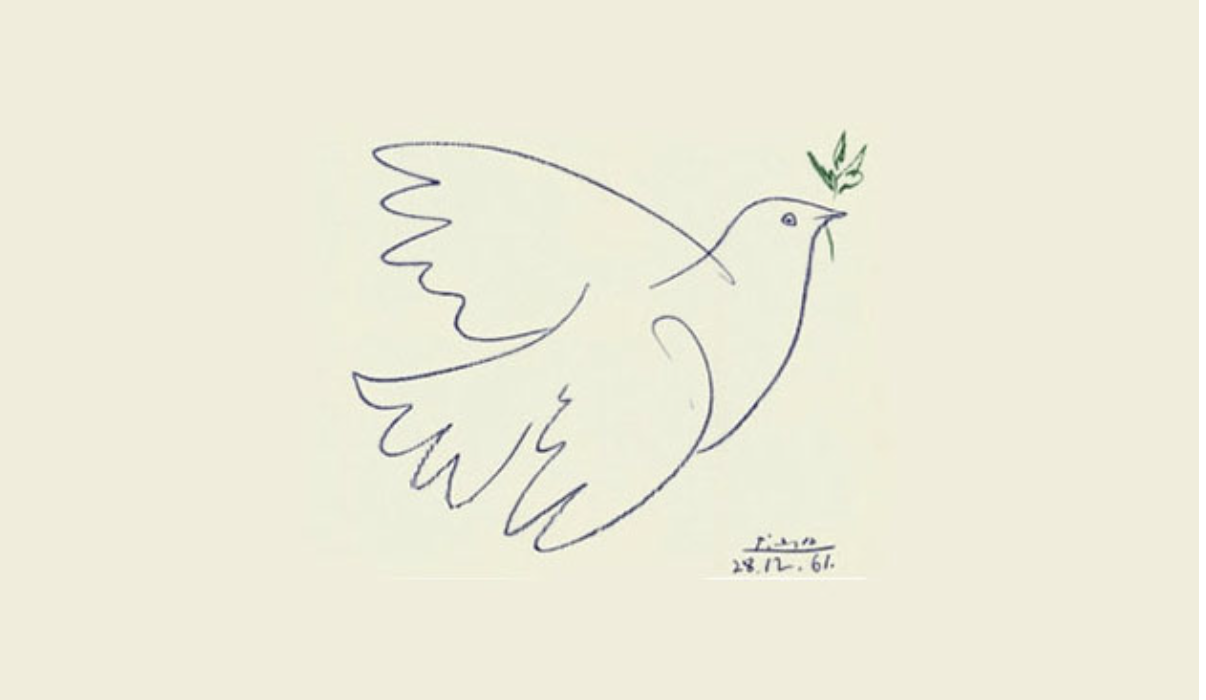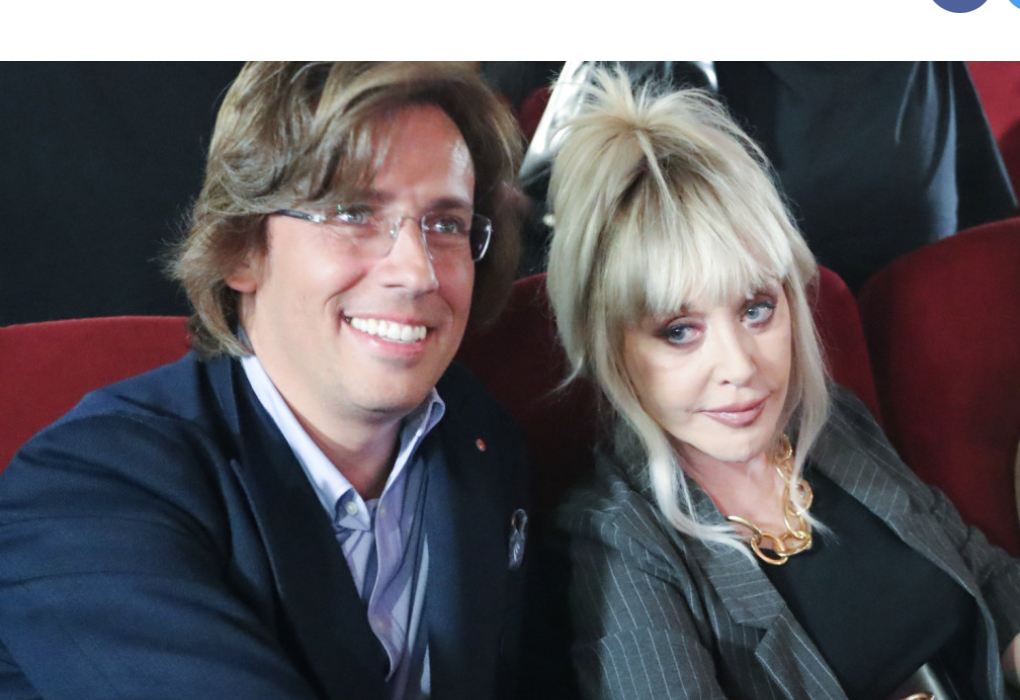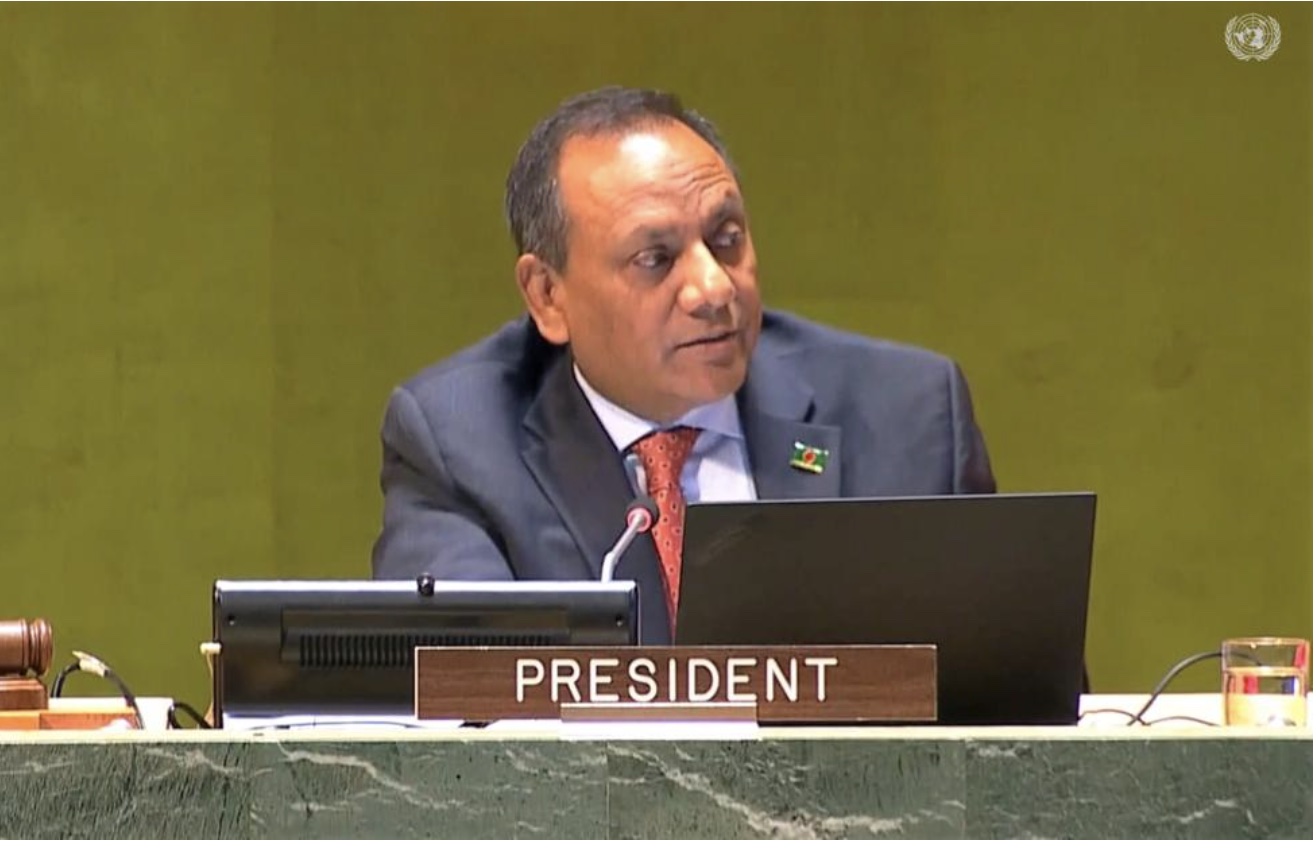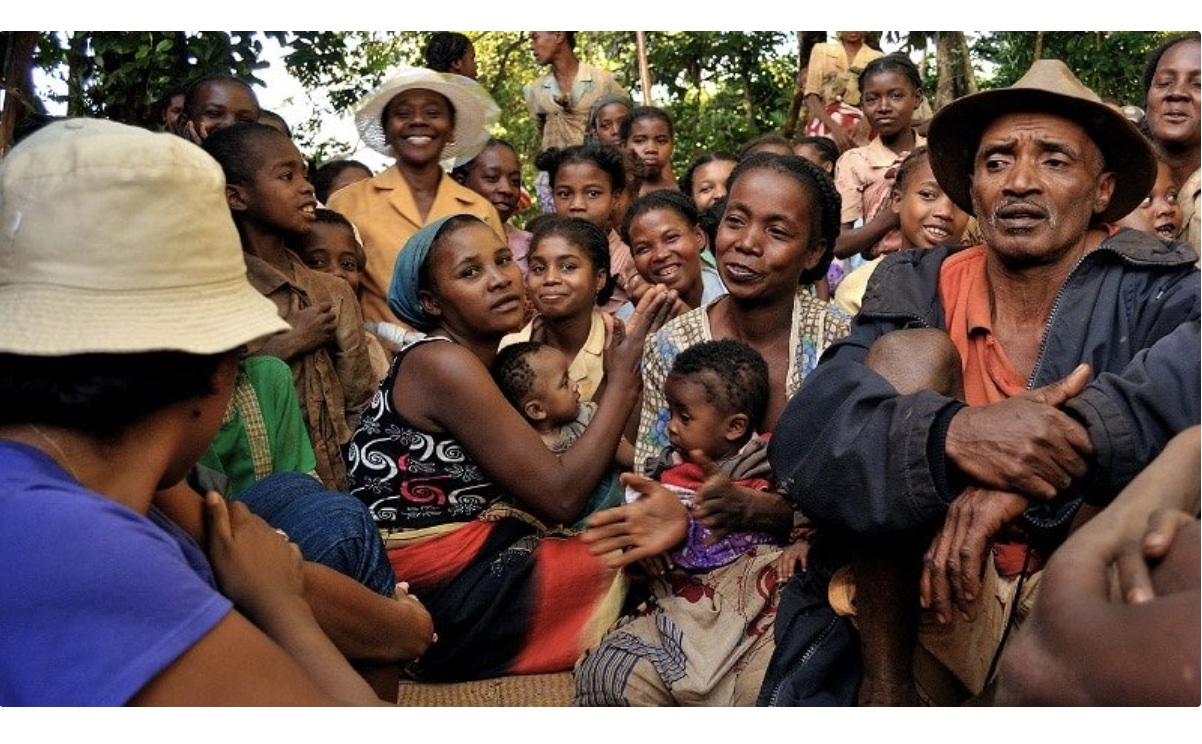FREE FLOW OF INFORMATION . .
A survey by CPNN
The following 28 events in 15 Arab and Middle Eastern countries were listed in Google during the week of September 17-28 this year under the key words “International day of peace” “peace day”, “journee internationale de la paix” and اليوم الدولي للسلام .
About 18 events are listed on the maps of One Day One Choir and Montessori schools singing for peace, but there is no indication which took place this year and which took place only in previous years
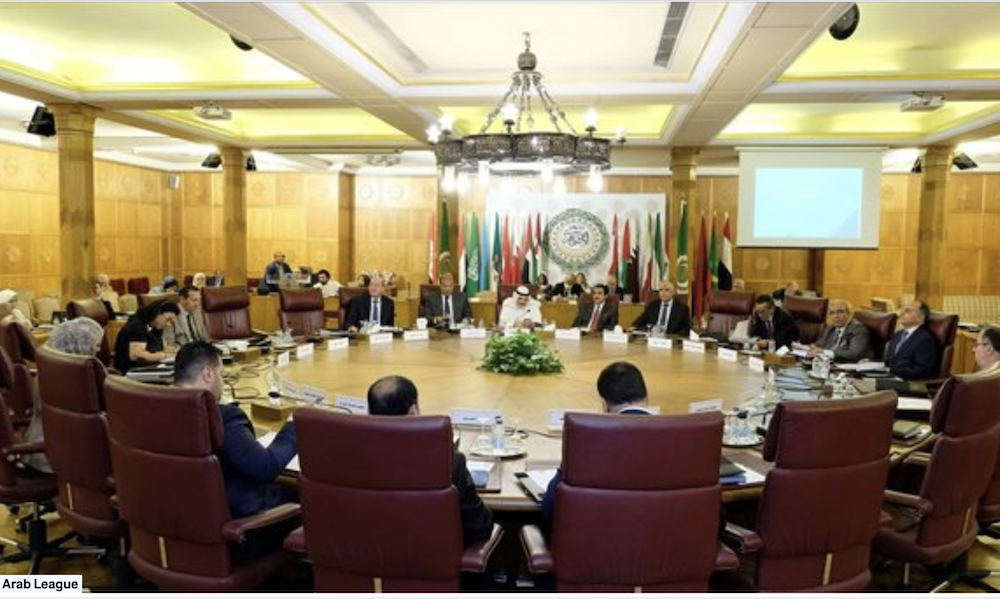
Meeting of the League of Arab States on the International Day of Peace
Today, Wednesday, on the occasion of the celebration of the International Day of Peace, the National Council for Human Rights affirmed that Algeria had several initiatives in this regard.
On the occasion of the celebration of the International Day of Peace, Her Excellency Mrs. Fawzia bint Abdullah Zainal, Speaker of the House of Representatives, affirmed that the Kingdom of Bahrain is a symbol of coexistence and openness and an example to follow in peace between different religions and sects, thanks to the wise visions and wise leadership of His Majesty King Hamad bin Isa Al Khalifa.
BAHRAIN, ABDUL RAHMAN KANOO INTERNATIONAL SCHOOL
Abdul Rahman Kanoo International School (ARKIS) celebrates International Day of Peace also known as Peace Day, which is observed worldwide each year on September 21. . . . Under the direction of Mrs. Abeer Mahmood (Events & Activates Coordinator), 18 classes from Preschool supported the peace day celebrations and each class was given a large cardboard picture of a dove and were given the opportunity to stick a green leaf to paper, understanding the importance of the day. As a separate event, an olive tree was fitted to the garden at the Schools Main Gate, as a symbol and reminder to all students, parents, and stakeholders of peace and friendship.
The schools of the Kingdom of Bahrain celebrated the International Day of Peace, which falls on the twenty-first of September each year.
The events focused on benefiting from the activities of the “School Enhancing Citizenship and Human Rights” project, which it implements The Ministry of Education for several years, with the aim of promoting the values of peace, tolerance, coexistence and dialogue in the school community . In an example of these efforts, 550 students and 58 administrators and teachers at Al-Qadisiyah Primary School for Girls participated in several Activities that varied between storytelling, coloring, crafts and educational games, with the participation of all school departments.
In order to enhance the concept of peace, the Al-Amal Institute for Special Education of the Child and Maternity Welfare Association held a simple celebration on the occasion of the International Day of Peace, which included a chant about peace prepared by Professor Batoul Abdel Rahim and implemented by the students of the Institute.
Arab Parliament Speaker Adel Abdulrahman Al Asoomi marked the International Day of Peace, celebrated annually on September 21. The Speaker stressed the importance of spreading peace and the culture of coexistence, especially in light of the conflicts and humanitarian crises around the world. Al Asoomi called for unifying Arab efforts in tackling violence and hatred.
Under the patronage of Prof. Dr. El-Sayed Mohamed Daadour – President of the University and under the supervision of Prof. Dr. Wael Farouk Al-Taibani – Vice President for Education and Student Affairs, the UNESCO Club, in cooperation with the General Administration for Student Welfare, organized today, Wednesday, 9/21/2022, the celebration activities of the day The International Peace Conference on the University Campus, in the presence of Prof. Dr. Mustafa Kamel Khalil, Dean of the Faculty of Law, Prof. Dr. Ahmed Al-Zaki, Head of the Department of Fundamentals of Education at the Faculty of Education, Coordinator of the UNESCO Club, and a number of faculty members and university students.
Sharm El-Sheikh hotels celebrated today, Wednesday, the International Day of Peace . . . A group of hotel staff, led by Sherine El-Hawary, assistant manager and training officer at the hotel, gathered, raising some slogans calling for peace, and taking a group of memorial photos at the peace icon. The icon, located in the Peace Square in Sharm El Sheikh, is the tallest peace icon in the world . . . The icon design is in the form of black granite clusters bearing lotus leaves topped by eight wings inspired by the wings of the god “Ra”, the sun god, among the ancient Egyptians. Above it is the pigeon carrying an olive branch as a symbol of peace, and the eight wings indicate the main directions, North, East, South, West, Northeast, Southeast, Southwest, and Northwest.
The International Day of Peace comes this year under the
slogan: “Ending racism.. and building peace.” The Islamic World Educational, Scientific and Cultural Organization (ISESCO) seizes this occasion to call for mobilization and solidarity, to meet the challenges of peace and security , which impede social development and human capital building around the world, with an estimated economic impact of approximately 10.5% of global GDP. In an effort to achieve a tangible qualitative leap, ISESCO launched its Leadership Training Program for Peace and Security, which in its first edition enabled the training of 30 young men and women who became ambassadors of peace, while 50 others from 45 countries will benefit from the training in its second Edition. ISESCO, in cooperation with the International University of Rabat in the Kingdom of Morocco, launched the program for integrating ISESCO’s “360 Degrees for Peace” approach into academia.
As the world celebrates the “International Day of Peace”, a number of Iraqi women activists and a human rights center are taking advantage of this day, to reveal discrimination against women at work, as well as the pressures and difficulties they face in their various activities, amid calls to stop “arbitrary practices” against them, which amounted to killing and displacement. . . . In this regard, the head of the Iraq Center for Human Rights, Ali Al-Abadi, explains to Shafaq News Agency, “Women have started resorting to civil activities due to the lack of justice in their rights, and despite the Iraqi and international laws’ emphasis on gender equality, but many aspects of life are still monopolized by men, or unequal pay, as The tribal institution, especially the southern one, underestimates women’s rights.”
JORDAN, ASSEMBLY OF THE PEOPLES OF EURASIA
On September 21, 2022, the Assembly of the Peoples of Eurasia held a reception in the Hashemite Kingdom of Jordan on the occasion of the celebration of the International Day of Peace, approved by the UN General Assembly. The event was attended by prominent public and scientific figures, senators, members of Parliament, representatives of international organizations, state and non-state structures of Jordan. . . . The culmination of the evening was the charity ceremony “Peace Bell” for strengthening peace and mutual understanding between countries and peoples, which was accompanied by a video recording of the musical composition “Stork on the Roof” performed by Yaroslav Degtyareva and Valentina Biryukova.
The participants in the conference “The Holistic Transformation Towards a Green Feminist Economy” unanimously agreed on the importance of empowering women and enhancing social, economic and psychological security; To achieve a green feminist economy in its holistic form. The Minister of Culture, Haifa Al-Najjar, who sponsored the opening ceremony of the conference organized by the Feminist Economy Foundation and the “Think Project” yesterday evening, at the “W” Hotel in Amman, on the occasion of the International Day of Peace, said that she came to the conference not as a minister, but because of her absolute belief as a partner and a person who believes in a project. Think of all humanity and world peace.
(Survey continued in right column)
What has happened this year (2022) for the International Day of Peace?
(Survey continued from left column)
The statement of the General Secretariat of the League of Arab
States on the International Day of Peace . . . . On this day, the League of Arab States affirmed, through joint regional efforts, the commitment to exert more effort and support joint Arab action, which would activate the participation of all parties in efforts to build and sustain peace without exclusion or discrimination. As well as emphasizing the importance of exerting more effort to support the peace process, unity and reconciliation, spreading a culture of non-violence in all circles, and working for a world free of racism and discrimination.
The United Nations Interim Force in Lebanon (UNIFIL) held on 21 September 2022 a ceremony to commemorate the International Day of Peace at its headquarters in Naqoura, South Lebanon. Peacekeepers representing the current 48 troop-contributing countries in UNIFIL were joined at the event by representatives of the local authorities, religious leaders, Lebanese armed and security forces and members of the international community.
The Permanent Peace Foundation, in partnership with Vision Research, Training & Consultancies and Barah Culture & Arts, celebrates the International Day of Peace, which falls on September 21 of each year. At five in the evening at the headquarters of «Brah for Culture and Arts» in Benghazi.The celebration includes many cultural and artistic activities and a dialogue session for speakers who have experienced peace, according to “ Facebook ” .
Participants in the first Omani Cultural Forum, which concluded in the Omani city of Salalah today, Wednesday, affirmed that “the Gulf states represent a global model for peace and coexistence among peoples, as it includes dozens of nationalities living in peace and brotherhood on one land.” The conference was held over two days under the slogan (Oman, Love and Peace), in the presence of a crowd of people interested in culture and peace from various Arab countries, coinciding with the International Day of Peace, which falls on September 21 each year.
Wijdan Cultural Center of the Ministry of Culture celebrated today the International Day of Peace, which falls on the Sept. 21 every year, which this year adopts the theme “End racism. Build Peace,” through organizing an event in which researcher Yasser Al-Gharbawi, head of the Research and Studies Department at the Center, delivered a speech, which was broadcast on the center’s social media platforms. . . . Wijdan’s head of the Research and Studies Department said that this global occasion is an opportunity to promote a culture of peace.
SAUDI ARABIA, RIYADH, MUSLIM WORLD LEAGUE
In conjunction with the commemoration of the International Day of Peace, which falls on September 21 of each year, the Muslim World League, with the participation of the presidency of the United Nations General Assembly and a high-level delegation from the Kingdom of Sweden, celebrated the inauguration of the famous symbol of peace; “The Knotted Pistol”, at the sub-headquarters of the Muslim World League in Riyadh, which has become a global icon that started from the United Nations headquarters, bypassing the framework of its first idea in New York, where the United Nations installed a model of the knotted pistol for its global connotation calling for peace and rejection of violence.
Today, Wednesday, Somali Deputy Prime Minister, Saleh Ahmed Jameh, inaugurated an event to celebrate the International Day of Peace, organized by the Ministry of Interior, Federalism and Reconciliation in Mogadishu, under the title: “Together to Promote Peace and Reject Racial Discrimination.” This came with the participation of the Minister of Interior, Federalism and Reconciliation, His Excellency Ahmed Moallem Faki, his deputy, Mr. Abdul Hakim Ashkar, the United Nations envoy to Somalia, Mr. James Swan, and the ambassadors of a number of concerned brotherly and friendly countries to Somalia, in addition to representatives of regional governments and the Banadir Governorate administration. civil society organizations, and the Women’s Union.
To mark the International Day of Peace, ten youth peace advocates from Darfur met with the Special Representative of the Secretary-General for Sudan, Volker Perthes, and his Deputy, Resident and Humanitarian Coordinator Khardiata Lô N’Diaye. . . . The discussion covered a wide array of subjects including the impact of the continued political crisis on the escalation of violence across Sudan, and gaps in the implementation of the Juba Peace Agreement and the National Plan for the Protection of Civilian. Participants also stressed the need for a comprehensive approach to peacebuilding and the importance of empowering women and youth as peace advocates.
On Wednesday, the women of Southern Kordofan marched from Freedom Square in Kadugli to the headquarters of the Secretariat of the Government of Southern Kordofan on the occasion of the International Day of Peace. The women participating in the procession handed a memorandum to the Deputy Governor of Southern Kordofan, Al-Rasheed Attia, which contained 16 demands, including speeding up the formation of a civilian democratic government, involving women and not tolerating violence against them, in addition to activating the role of the police in protecting women and appointing policewomen.
On the International Day of Peace, the director of the General Administration for Women at the Ministry of Social Development, Mrs. Suad Dishol, said, “We celebrate this great occasion and take a moment to reflect on it and slowly read the slogan of this year’s celebration, to see between these phrases the state of our country and the pain that squeezes the hearts of millions of those who have been stung by the fire of racism.” The hateful and the distortion it caused in the relations of the various groups and tribes and torn apart their entities that were known for tolerance and living in peace.
Video: Peace Day, Syrian youth sing for peace and harmony.
The United Nations General Assembly declared the International Day of Peace in 1981 in order to celebrate and promote the ideal of peace among all nations and peoples. Two decades later, the General Assembly set September 21 as the date to celebrate the occasion annually. On this occasion, the Women’s Council in North and East Syria and the Human Rights Organization in Al Jazeera prepared a lecture entitled Women and Peace. (with photos of poster and meeting).
The International Peace Day Celebration, by the Council for Universal Peace, which is headquartered in Tokyo, Japan, is held at Sheikh Rashid Tower World Trade Centre, Dubai. The summit was inaugurated by His Highness Sheikh Obaid Suhail Al Maktoum and was presided over by Khaled Al Maeena, Kingdom of Saudi Arabia. Addressing the summit, His Highness Sheik Obaid Suhail Al Maktoum said, “It’s the right time to work together for Global Peace and Bond beyond boundaries.
The Department of Social Services in Sharjah organized community events and activities on the occasion of the International Day of Peace. . . Maryam Ibrahim Al-Zarouni, happiness specialist and social educator in the department, said that the occasion receives the attention of many institutions and authorities in the country, because of its importance in instilling the concept of peace and love in the hearts of members of society, and raising their awareness of its importance, in order to spread peace and tolerance among peoples.
Tomorrow Thursday evening, on the occasion of the International Day of Peace, the Nidaa Organization for Coexistence and Construction will hold a symposium entitled Peace Challenges in Yemen, via the virtual space ZOOM, in cooperation with the SAM Organization for Rights and Freedoms.
“Southern Women Group for Peace”, on the International Day of Peace, reaffirms its firm position and its call to all parties to the conflict to sit at the dialogue table under the supervision of the international efforts and for regional and international bodies to play their desired role and firm positions towards stopping the war that has drained human energies, resources and national wealth of Yemen . . . . A group of southerners for peace, on this International Day of Peace, renews its demands that southern women occupy their rightful place in all negotiations calling for peace, based on resolution (1325) issued by the UN Security Council.
